Last week, Nicola Sturgeon made a whistle-stop trip to Aberdeen, perhaps reminding herself of a place the SNP once considered a home.
Her aim was to talk up the prospect of a nationalist-controlled city council.
There was endless talk about the Tories, as usual, but people in the north-east were left dismayed by the lack of a message for them.
Maybe it was wise for Nicola to avoid the big issues when the North Sea industries are anathema to the SNP-Green coalition at Holyrood. Especially now that the global cost of living crisis is a clear, immediate threat to the poorest and most vulnerable people in our society.
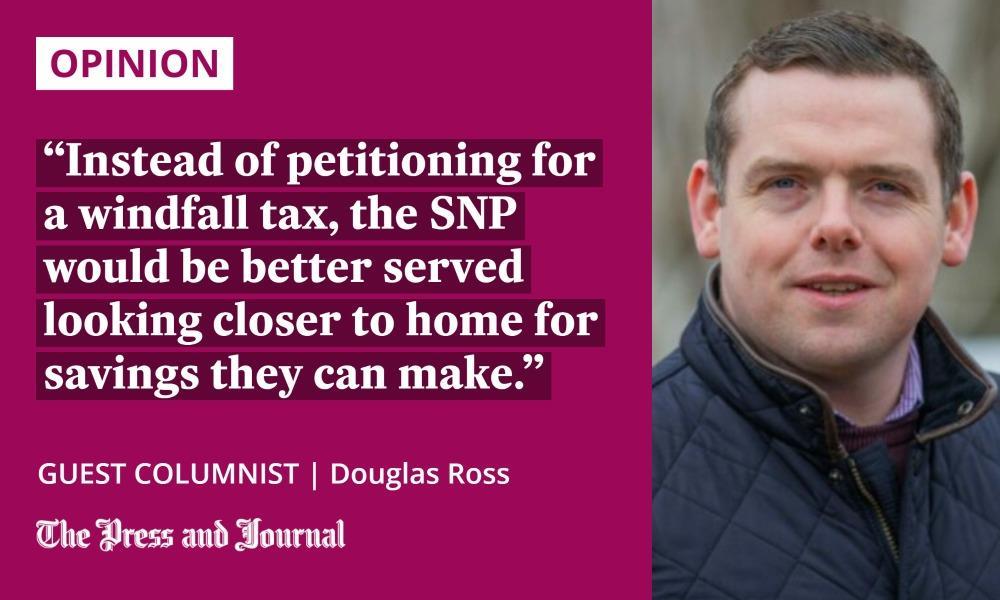
We face mounting gas, food and fertiliser bills because of the war in Ukraine, which has caused massive uncertainty well beyond the borders of that embattled country. Inflation is rising globally, and there are undoubtedly repercussions from the crippling sanctions placed on Vladimir Putin’s Russia.
The debilitating economic, social and health impact of the pandemic has eased only slightly, and will be with us for years to come.
Scotland has commitments both to the climate and workers
To help lower bills, rather than tax our way out of a crisis, the UK must maximise oil and gas production to meet our domestic demands. This will drive down the cost to consumers.
Of course, so soon after COP26 was held in Glasgow, we have commitments to be mindful of – to keep global warming from rising any further than 1.5C. But, it is possible to have energy security and get to carbon net zero.
And, so, that renewed focus on the North Sea should be paired with exploring nuclear, developing hydrogen and carbon capture, utilisation and storage, as well as offshore wind.
The oil and gas industry is already leading the way in decarbonising, using people with decades of experience to lead the way. People like so many P&J readers.
Because of this perfect convergence of natural resource, emerging skills and existing talent to see it through, the north-east is ideally placed to be the UK’s hub for a green industrial revolution. That’s going to be central to the UK Government’s more than £16 billion North Sea Transition Deal.
But, the biggest obstacle to getting that energy security and driving it towards carbon net zero are the SNP, who are false friends to the north-east, and fair-weather ones to the industry come election time.
An out-of-touch agenda
Nicola Sturgeon’s dogmatic inflexibility to domestic production has only become worse since she invited the Greens to join her government. They aren’t concerned about the prospect of putting 70,000 Scots out of work overnight, turning off the taps and welcoming more imports from Putin’s Russia.
Anyone who knows oil and gas will understand that the industry invests here because there is a stable fiscal framework
That agenda is completely out of touch with people here, and with the public’s growing desire to increase our energy security until the point renewables can take over. The bills are spiking for everyone, but the SNP refuse to see the simplest and most effective solution.
And what about this much-vaunted £500 million transition fund, which is routinely wheeled out by the SNP? The Scottish Conservatives have been following the money at Holyrood and can find a paltry £20 million for this year, which has yet to be spent, by a party which doesn’t know what to do with it.
Remember how the transition plan was going to be published last autumn? Remember that it took the SNP months to get that vital Covid business support out the door to employers across the north-east?
And, remember how, in March, SNP MPs all signed a motion to levy a windfall tax on the industry?
This is a Labour gimmick intended to get easy votes in the Central Belt and in England. But, anyone who knows oil and gas will understand that the industry invests here because there is a stable fiscal framework.
SNP are best at spending money on mistakes
Aberdeen has seen how badly two dips in oil price shook its jobs market and economy. Think about the potential impact of extra taxes on an industry that already pays 40% in the UK.
Instead of petitioning for a windfall tax, the SNP would be better served looking closer to home for savings they can make. Because, for free, I’ll tell you what the SNP are best at spending money on – mistakes.
Two hundred and fifty million pounds on zero ferries (so far) without a shred of evidence as to how the illogical decision to award the contract to Ferguson Marine was made. Fifty-two million pounds propping up BiFab. Half a billion on Lochaber smelter. The Aberdeen Western Peripheral Route was £350 million over budget.
Add the cost of a layer of spin, with more than 170 communications staff. Then, over a million spent on planning for yet another referendum.
Meanwhile, there’s been a 20% real-terms cut to council funding since 2013.
The Scottish Conservatives are standing at least one candidate in every ward across the north-east. On Thursday, voters in the north of Scotland can elect local representatives who understand their needs, their way of life, and who will put their priorities first instead of Nicola Sturgeon’s.
Douglas Ross is the leader of the Scottish Conservative Party and the MP for Moray
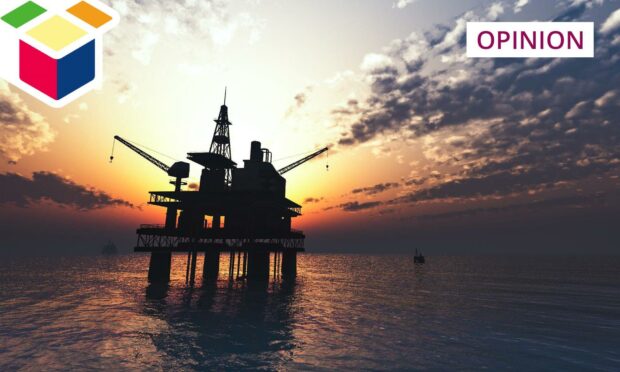
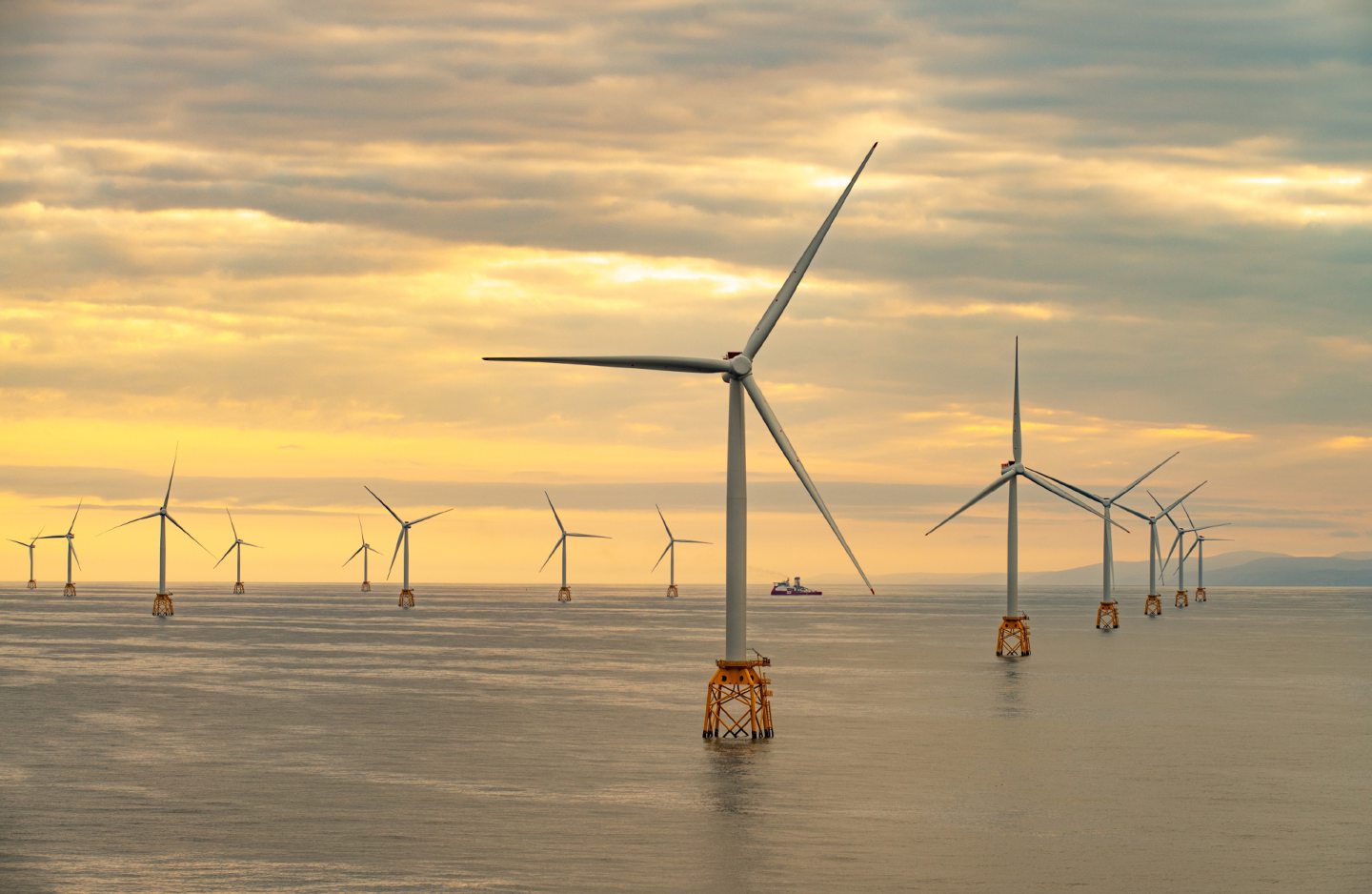
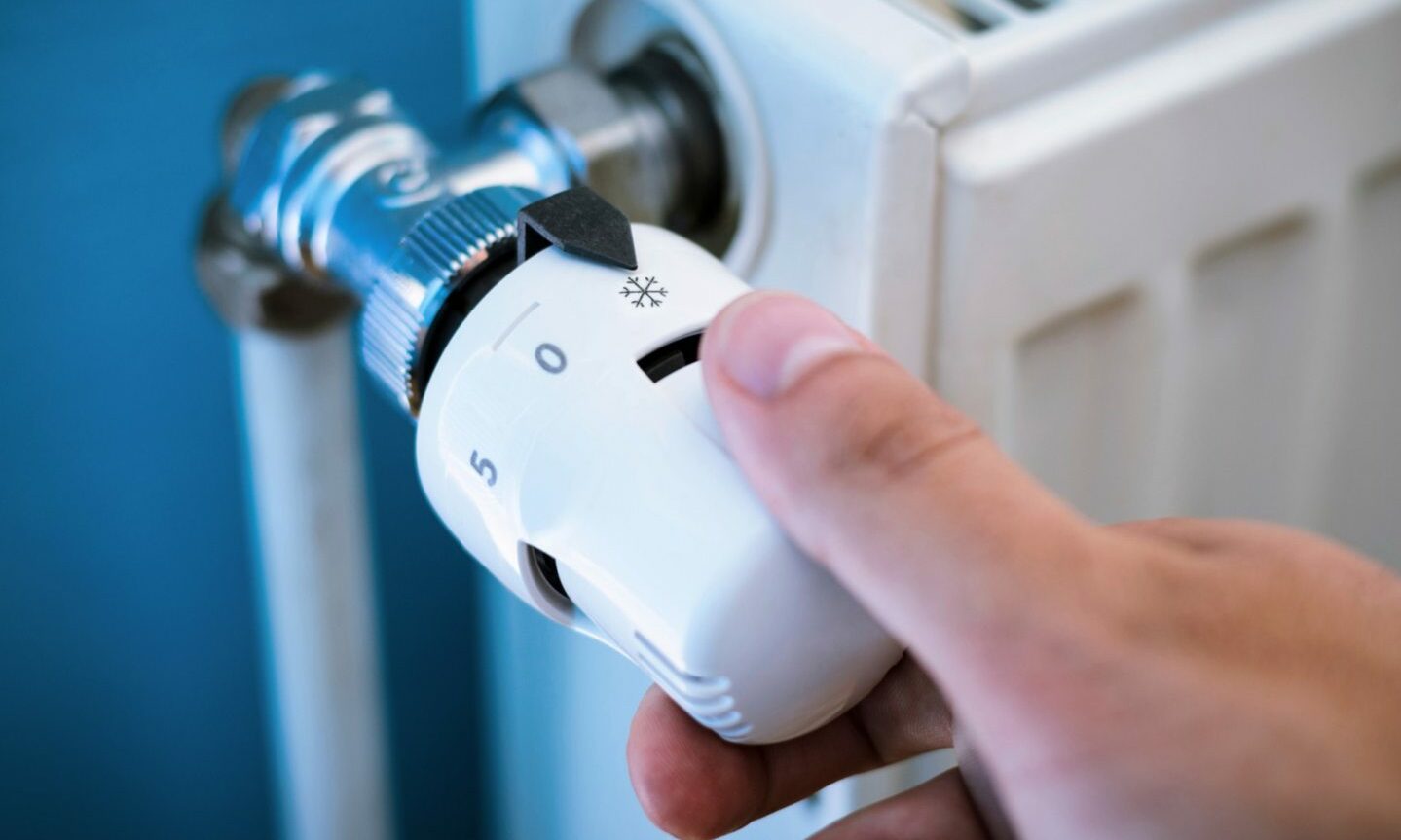
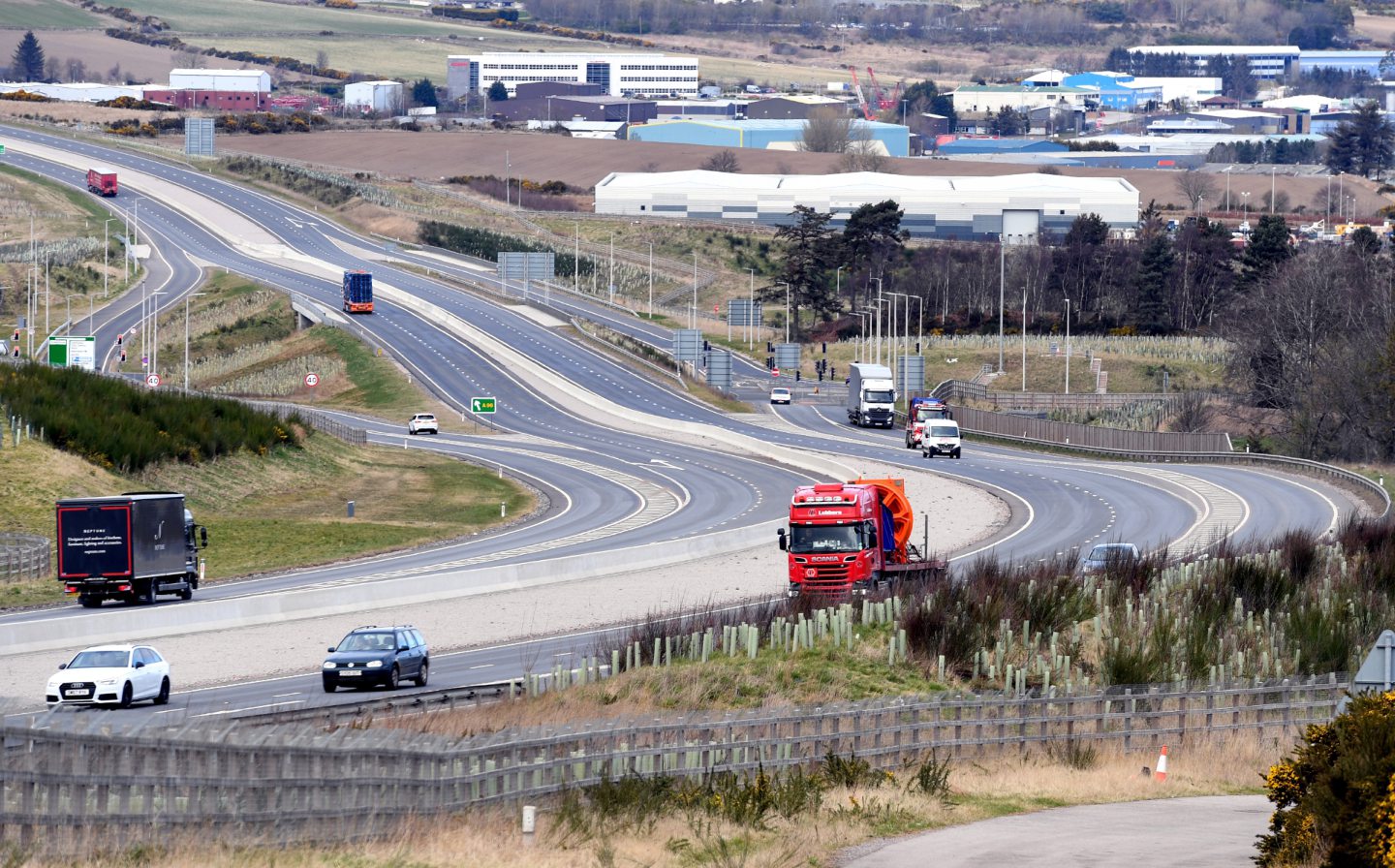
Conversation